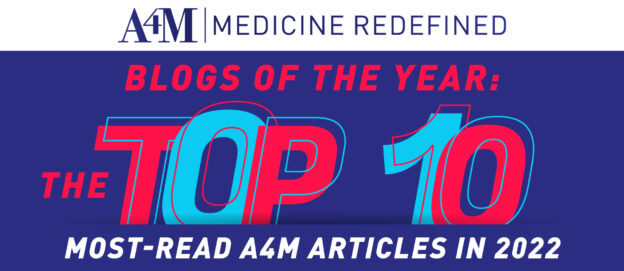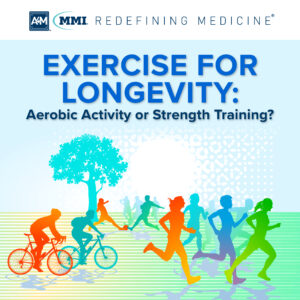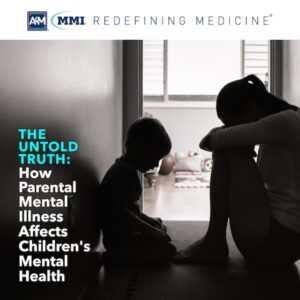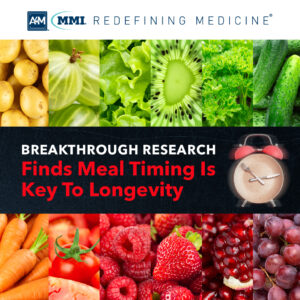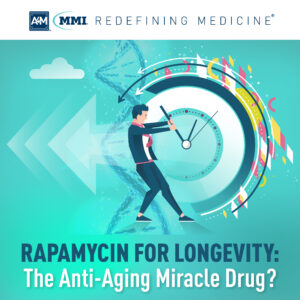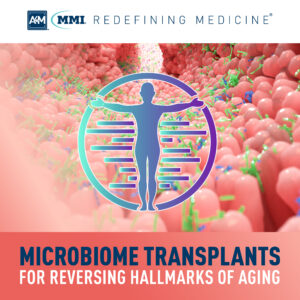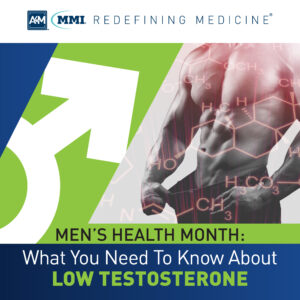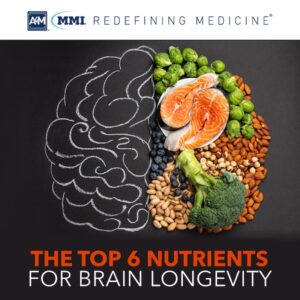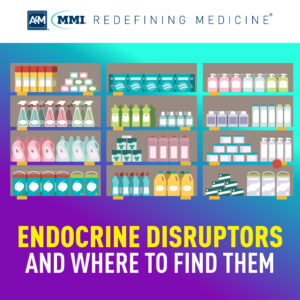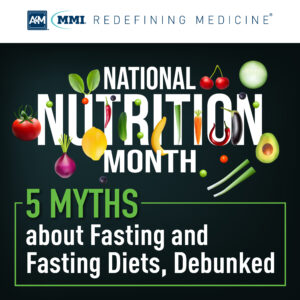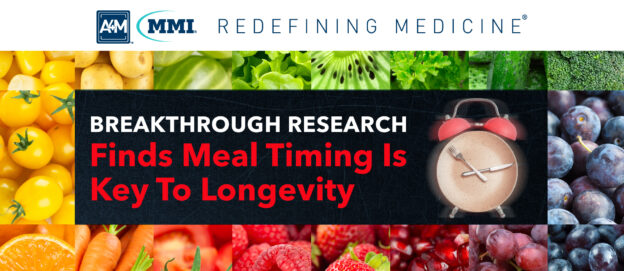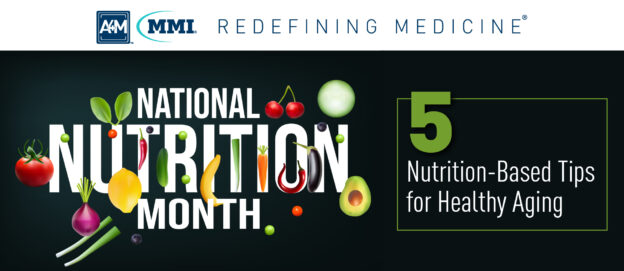It’s been a whirlwind year for the A4M blog! We’ve published nearly 50 articles on everything from microbiome transplants and other breakthrough longevity discoveries to pediatric mental health and promising interventions. Now, as we wrap up an incredible year for A4M, we wanted to take a moment to look back at the most popular blog articles of 2022.
We hope this review serves as a reminder of all the exceptional work done in our industry and community this year and serves as inspiration as we continue working toward a healthier future for all.
Here are the top 10 most-read articles of the year:
1) Exercise for Longevity: Aerobic Activity or Strength Training?
2) The Untold Truth: How Parental Mental Illness Affects Children’s Mental Health
3) Breakthrough Research Finds Meal Timing Is Key To Longevity
4) Rapamycin For Longevity: The Anti-Aging Miracle Drug?
5) Microbiome Transplants For Reversing Hallmarks Of Aging
6) What You Need To Know About Low Testosterone
7) 5 Surprising Menopause Symptoms – According To Dr. Felice Gersh
8) The Top 6 Nutrients For Brain Longevity
9) Endocrine Disruptors and Where to Find Them
10) 5 Myths About Fasting and Fasting Diets, Debunked
2022, that’s a wrap!
Now that we’ve seen the best of the year, it’s time to look ahead. We’re looking forward to sharing the industry’s top news and research developments with you in the coming year, and we hope you’ll continue to join us.

